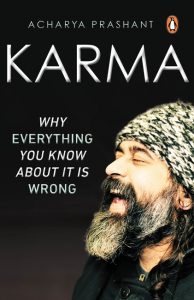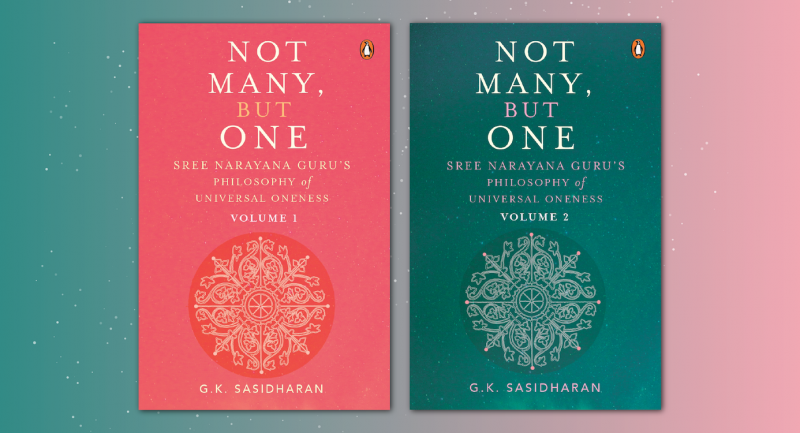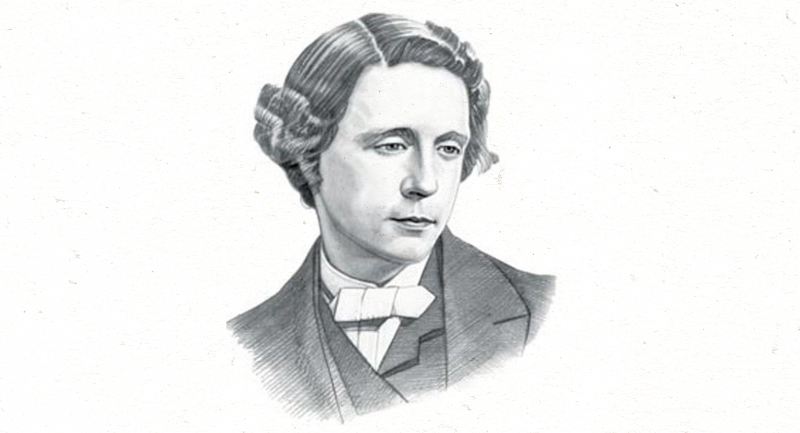
In his book Karma, Acharya Prashant answers various questions posed to him by his diverse audience over decades. Offering an enriching kaleidoscopic perspective to readers, this books traverses alleys through interactions based around human conditions, confusions and questions related to one’s identity, one’s actions, and how to take the right actions. Read this excerpt from the book on when to think and when to act. It answers a question asked to Acharya Prashant: ‘I do not express my thoughts because I am socially restrained. I am afraid of being judged. Can I free myself only by deeds?’
*

Karma
Acharya Prashant
There is no more a final arbiter than action, deeds, life. What else is life but a continuous flow of actions? One finally has to give oneself the liberty to do it. Talking as a precursor to doing is all right, acceptable, but talking as a substitute to doing is evil.
If you want to use talking or thinking or discussing as a preparatory method before leaping into action, it is okay. Sometimes, the beginner needs that. Sometimes, everybody needs to think a little before taking a leap. Other times, one needs to talk to herself, sometimes to others. All that is understandable. But if one becomes a professional thinker specializing in nothing but thought and deliberation, and therefore vacillation and inaction, then it is merely self-deception. Also, I must warn you against the temptation to be fully sure at the level of thought. No absolute clarity is possible at the level of thought. Thought can bring you a certain level of clarity. It would be a relative level.
So, if you insist that unless you are totally clear with your thoughts you will not move, then you have ensured that you are never really going to move; then you will always have a reason to think a little more because thought by its very design can never be fully certain. An iota of doubt will always be residually present, and you can very well exploit that last iota to keep stretching the thought.
This is where faith is important. Faith is needed, so that you can act without being fully certain. At the level of thought, thought is still raising its habitual objections, but you say to thought, ‘You might not be clear. I am clear.’
Have you ever found thought coming to a final conclusion? That which appears like concluded tonight reopens for discussion tomorrow morning because a final conclusion would mean the death of thought. So, why would mind ever lend itself to conclusion? Thought would always leave a little scope for doubt to remain. And then, based on that doubt, that uncertainty, more thinking can be justified.
So, think if you must, but never expect thought to come to a solution. Thought is useful, but in matters of living, loving, and Truth, the utility of thought is limited. Do not try to overexploit thought. You will end up being exploited.
If you are saying that social restrictions, etc., are preventing you from enacting what you know, then you will have to weigh the security that you get from social conformity against the suffering that you get from this willing avoidance of your destiny.
What is bigger, your demand for security or your love for Truth?
This answer will determine your life.
*
To know in depth about Karma, what it means and how it functions, the ways of choosing the right action and the results that come from those actions, read Acharya Prashant’s Karma.









